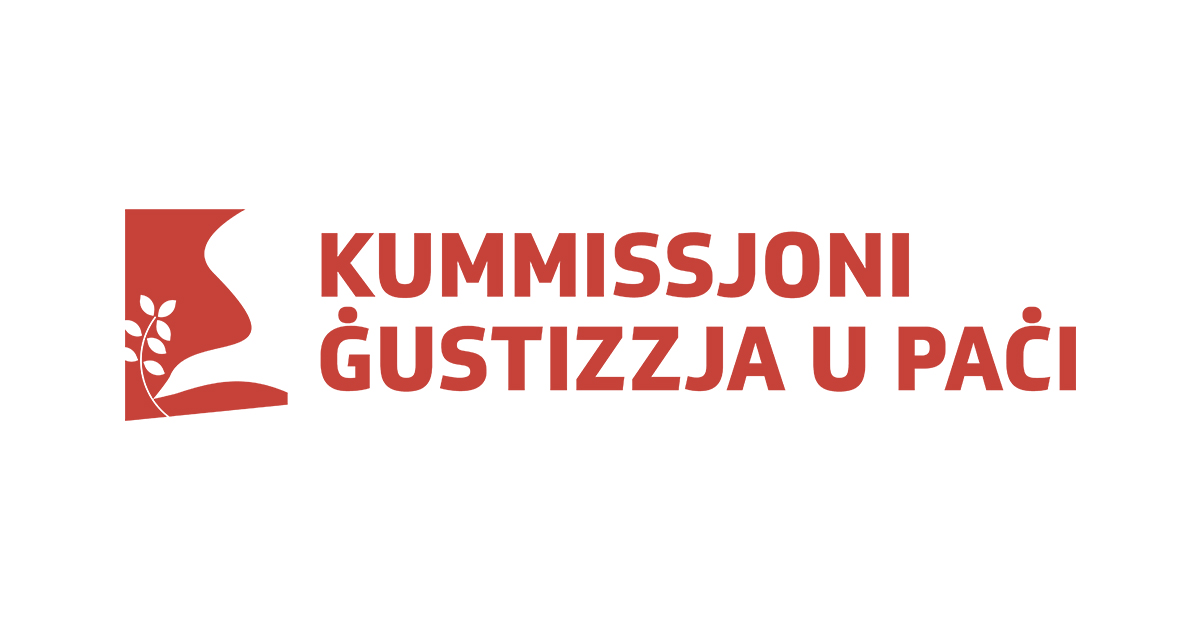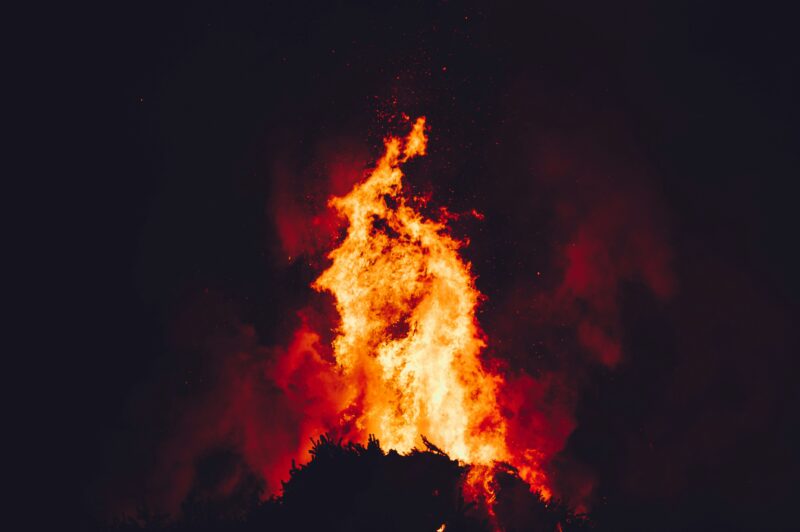In Saudi Arabia, over 1,300 pilgrims lost their lives during the hajj pilgrimage to Mecca, when temperatures soared above 50°C. Meanwhile, in the Indian capital of Delhi, the temperature exceeded 40°C for 40 consecutive days. And in Mexico, monkeys are falling dead from trees, after succumbing to heatstroke.
These are just some of the climate-change related tragedies which may have popped up on our screens in the last few weeks.
Climate change is no longer an abstract concept discussed in academic or political circles. It is a tragic, lived reality. In fact, it is clear that, when it comes to environmental issues, just being aware of the damage which we are inflicting on ourselves is simply not enough. On some level, we can safely conclude that a huge majority of people, especially youths, are acutely aware of these crises. However, this awareness, if not accompanied by meaningful action and concrete signs of hope, risks condemning us to climate despair and destructive anger.
Unfortunately, in countries like Malta, meaningful action and concrete signs of hope are in short supply. In the context of a generalised loss of trust in institutions and in our fellow human beings, many people are reluctant to make an effort to, for example, reduce emissions, convinced as they are that this would just create a free-rider problem, whereas other countries receive the benefits of reduced Green House Gass emissions without contributing to the costs. At a lower and simpler level, those who are making an effort to reduce their carbon footprint experience a sense of anger and frustration when they realise that many others are simply not making this effort and take advantage of those who are ready to pay the price of a simpler lifestyle. As a result, too many of us have stopped believing that we are really in this together.
When it comes to our politicians and businesspeople, it is a fact that sobriety does not sell. Our social, political and economic life is still dominated by a paradigm which encourages us to grab and accumulate, instead of receiving and sharing. Our forma mentis is also eminently competitive, instead of fostering the collaborative spirit needed to overcome our environmental challenges. All this makes the necessary ecological conversion spoken of by Pope Francis a tall order indeed.
In the context of this deficit of hope, the role of Catholic communities is more important than ever. These communities are indeed called to become beacons of hope. Unfortunately, too many Catholics still perceive climate action as an optional add-on to their faith, instead of recognizing it as a requirement of our faith. Secondly, as Church communities and institutions we have to ask ourselves if Laudato Si and the climate crisis has truly changed anything substantial in our lifestyles, the way we operate and the choices we make. Ultimately, we can only become the credible witness our society needs if we lead by example and walk the talk of ecological conversion.
It is truly up to each and every one of us, gathered in community, to offer up alternative narratives to what it means to be successful and have a good life. It is also up to us to bring our younger generations into loving – and healing – contact with our common home: For we only care for that which we love. And we only love that which we are in a relationship with.
Mark Cachia



